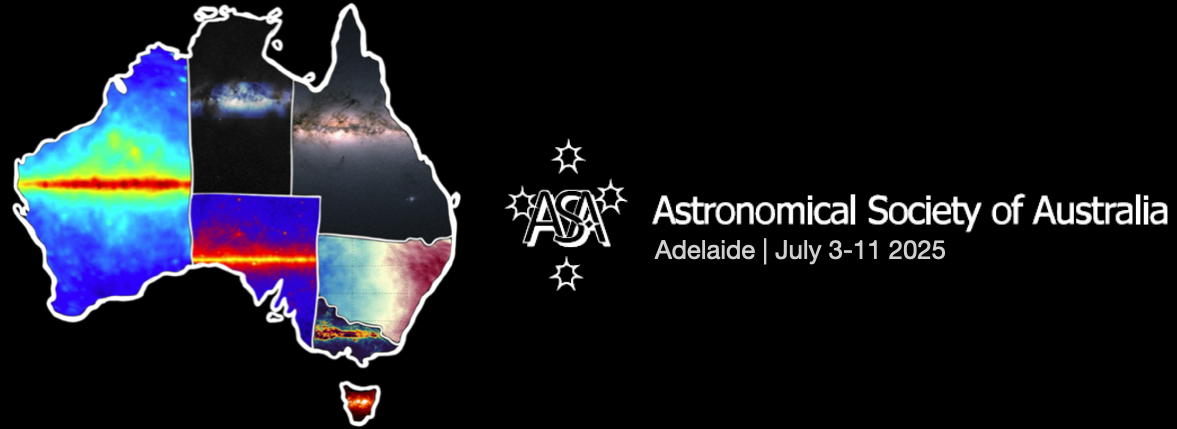Speaker
Description
Stellar feedback is thought to play a key role in regulating the gas-star formation cycle in galaxies, disrupting star-forming regions and driving outflows that can suppress star formation. However, most insights into these mechanisms come from starburst galaxies, limiting our broader understanding of their impact on galaxy evolution. In this talk, I will present the discovery of an ionized gas outflow in NGC 4064, a Virgo cluster satellite that has been almost completely stripped of its cold gas reservoir after pericenter passage. The ongoing MAUVE (Multiphase Astrophysics to Unveil the Virgo Environment) survey, using MUSE’s exquisite spatial resolution, has allowed us to characterise an outflow in a galaxy with a star formation rate ~0.6 dex below the star-forming main sequence. Remarkably, we find a mass loading factor comparable to that of starburst galaxies, demonstrating the significant impact it has on the remaining gas reservoir. This discovery reinforces our understanding of the role of outflows in quenching star formation, even in low-activity galaxies, and provides new insights into stellar feedback physics across the galaxy population.
